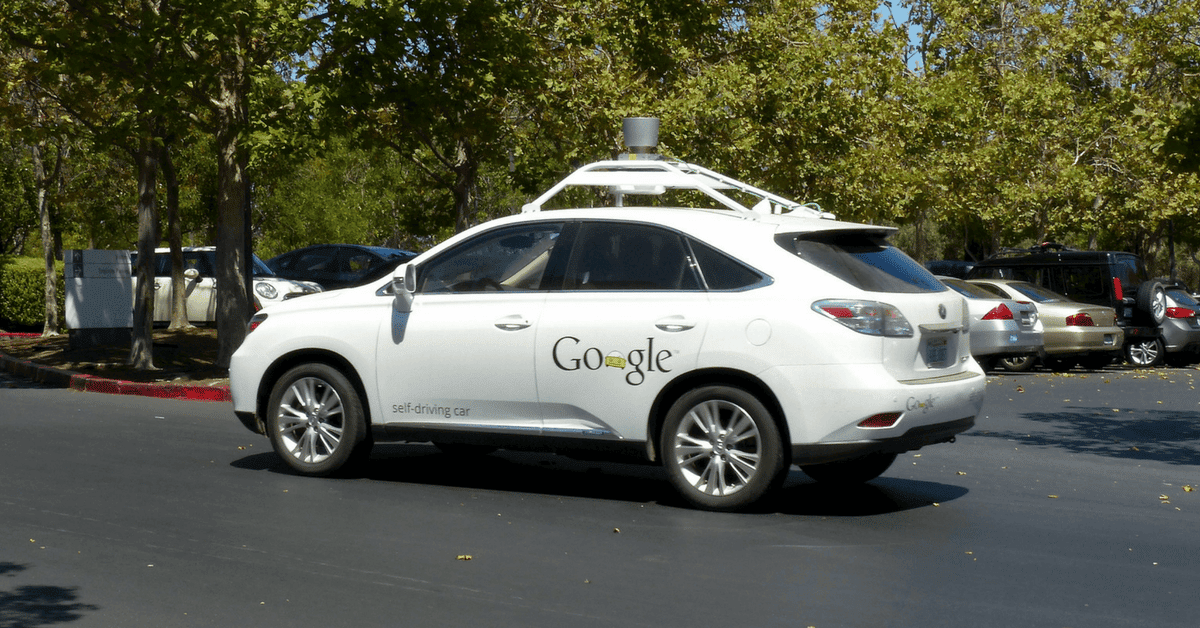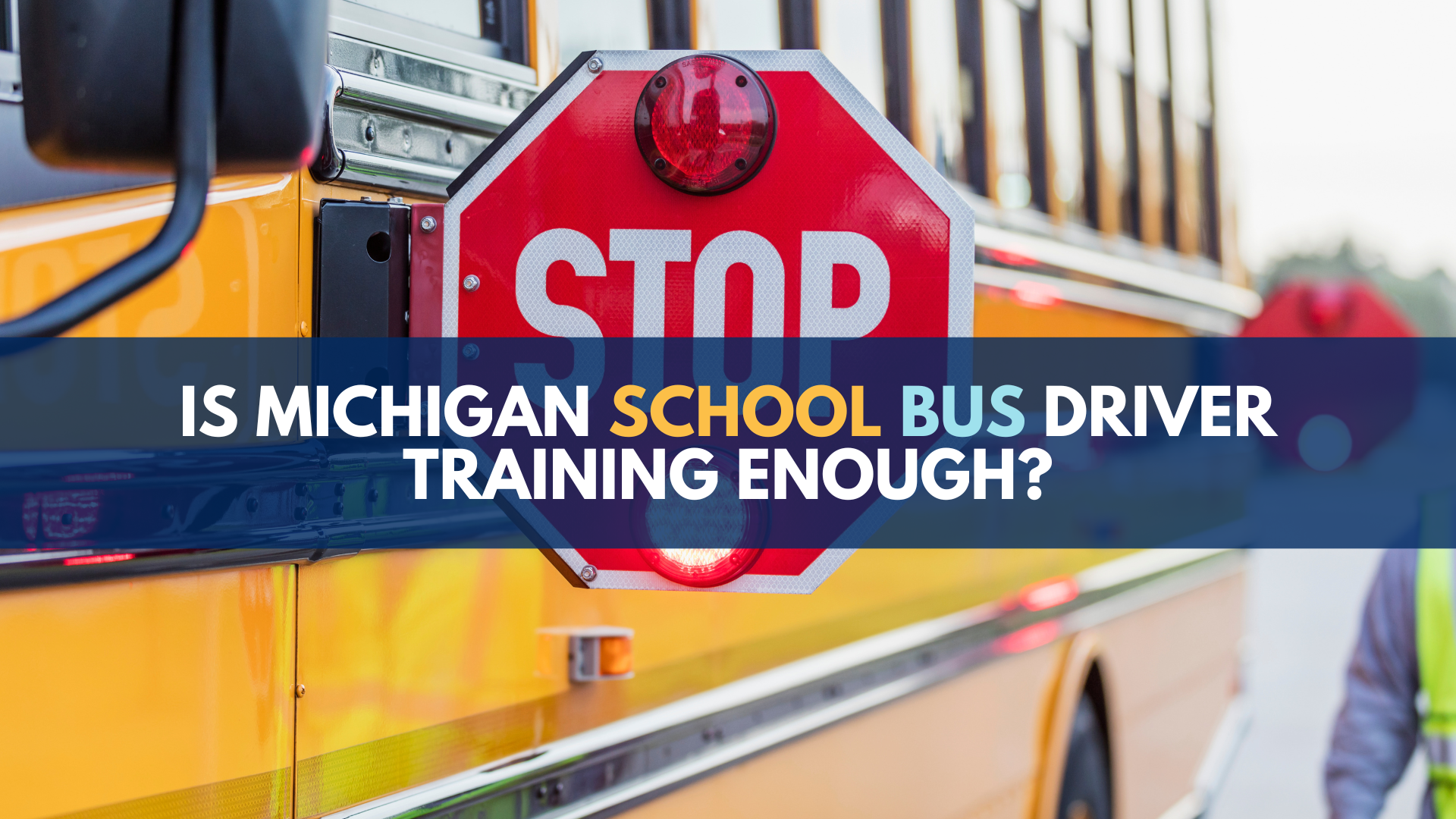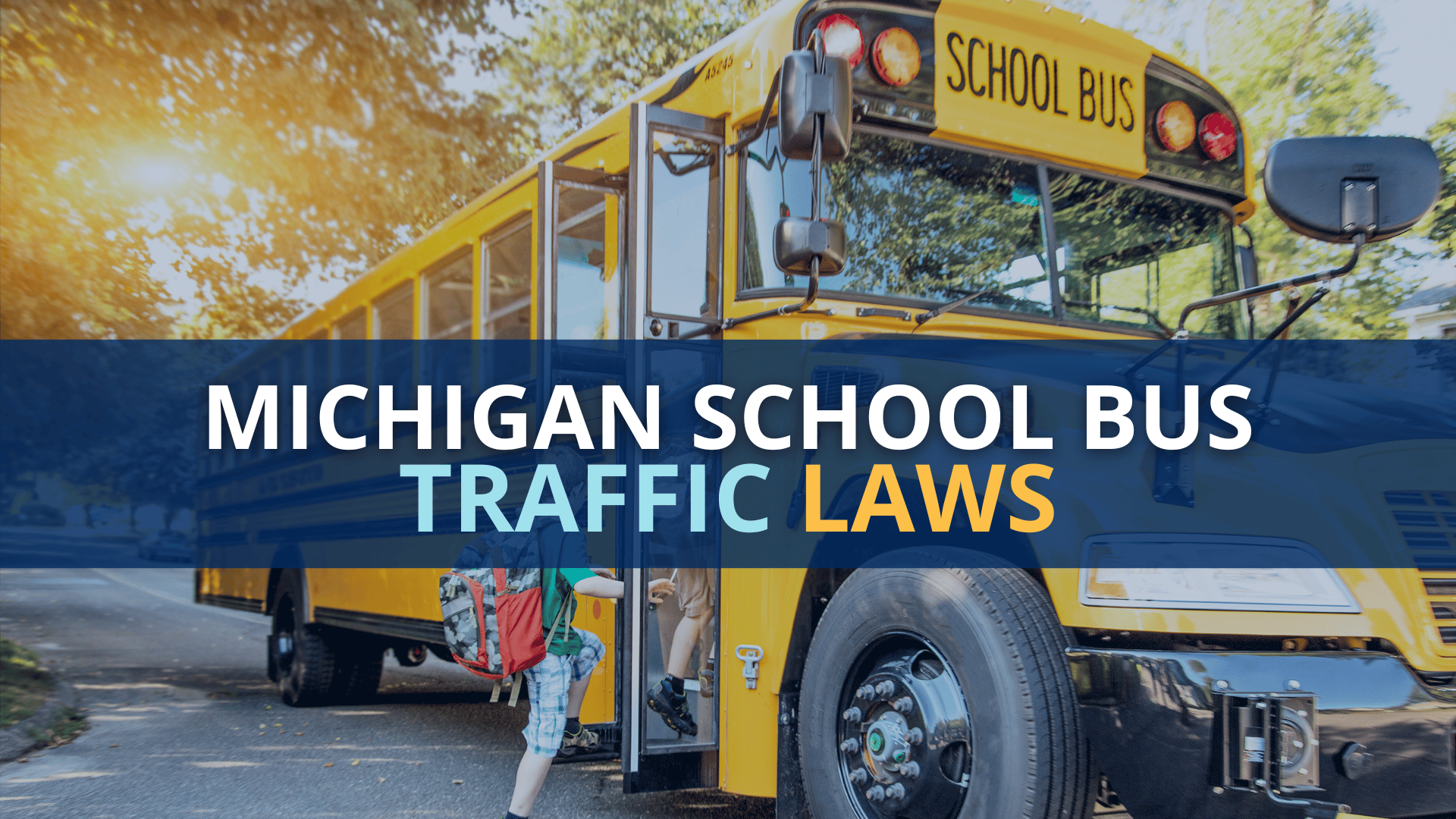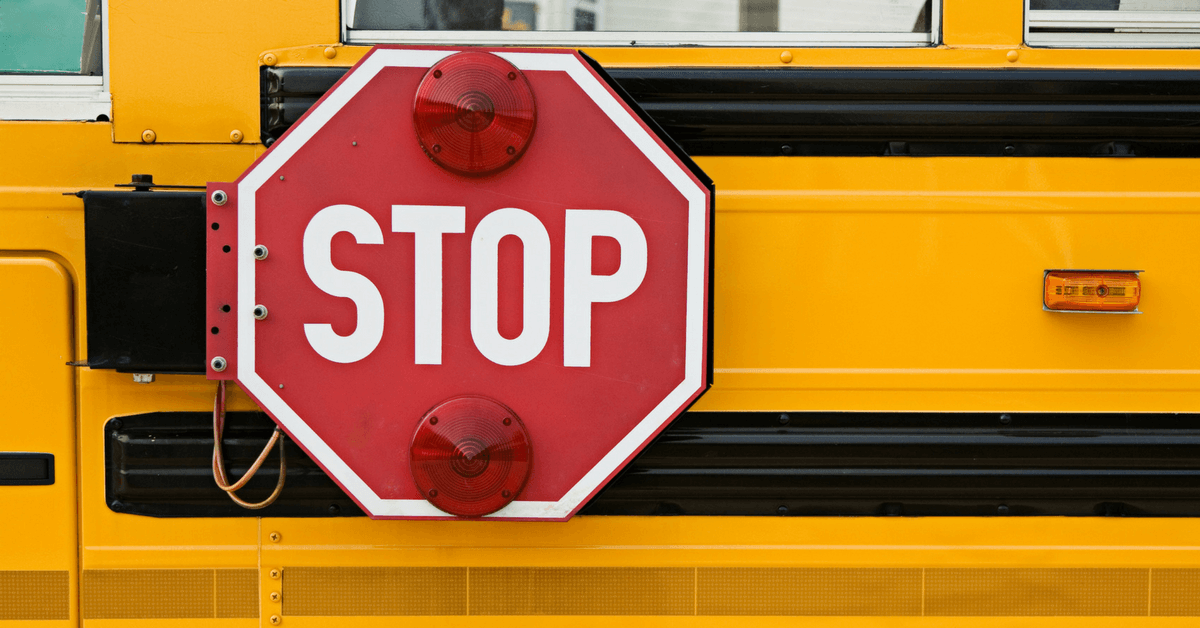Michigan Department of Transportation sees autonomous vehicles on our roads in the near future, but answers are still needed about crash risk and legal liability

The Michigan Department of Transportation (MDOT) is pressing down on the accelerator and moving forward to bring fully autonomous cars onto our roads in Michigan.
At a recent House Committee hearing on March 15, 2016, and in a recent report, MDOT advocated for new legislation that will allow autonomous (also called driverless) cars to be operated by the public on Michigan roads for non-testing purposes.
Under Michigan’s existing law, autonomous cars can be operated on public roads for testing purposes only. (See MCL 257.663 and 257.665)
Although the MDOT, in its report, assures that “MDOT’s primary concern in the development and adoption of any transportation technology [including “automated vehicle technology”] is safety,” it has yet to address two critical safety questions:
- How do we know that fully autonomous cars in Michigan won’t get in crashes worse than or similar to the one that occurred in February 2016 in California, where a Google driverless car side-swiped a bus?
- Who will be liable for deaths, personal injuries and property damage resulting from an auto accident involving a fully autonomous vehicle?
As an auto accident attorney, I’m a big proponent of driverless cars for the way they will revolutionize driver safety. They should reduce the numbers of preventable motor vehicle accidents – and deaths – caused by human error such as texting and driving by tens of thousands when the technology is ready.
But I’m also concerned about the legal liability issues, because inevitably, car accidents will occur, as we saw recently with the Google driverless car accident in California. It’s a fascinating subject, and I’ve spoken at several legal seminars on how this law may develop and the future of our laws.
To the extent that Michigan lawmakers will (hopefully) address the issues of liability and insurance coverage, perhaps a good place for starting the conversation is the California DMV’s “draft requirements for public deployment of autonomous vehicles” from December 2015. The California DMV proposes that driverless-car manufacturers must have $5 million in liability coverage for autonomous vehicles that are going to be operated by the public for purposes other than testing. Specifically, California’s proposed autonomous vehicle requirements provide:
“An autonomous vehicle may be deployed on public roads for non-testing use only when the manufacturer of the vehicle … has in place and has provided the department with evidence of the manufacturer’s ability to respond to a judgment or judgments for damages for personal injury, death, or property damage arising from collisions or accidents caused by the autonomous vehicles produced by the manufacturer in the form of an instrument of insurance, a surety bond, or proof of self-insurance” … “in the amount of five million dollars ($5,000,000) …”
To learn more about the issue of driverless vehicle liability, please check out my blog posts:
- Driverless cars can now be legally road-tested in Michigan, but who’s liable when a driverless car causes a crash?
- Should ‘robo-drivers’ of driverless cars have same insurance, liability, legal obligations as human drivers?
MDOT’s vision of a future with autonomous cars
In written testimony about “Automated Vehicles” submitted by MDOT Director Kirk T. Steudle to the “Joint Meeting of the House Standing Committees on Commerce and Transportation” on March 15, 2016, the MDOT stated that its vision of “The Future” included:
“Move to open operation [of autonomous vehicles] beyond testing on public roads.”
In its statutorily required report (per MCL 257.665(3)) to the Legislature about “Testing and Operation of Automated Vehicles,” the MDOT stated:
- “[S]ignificant advances in [“automated vehicle”] technology have occurred, and it is expected that passenger vehicles equipped with automated vehicle technology will soon enter the public market place.”
- “Recommended Next Steps … Permit operation on public roads. We believe this technology will soon be available for public use (a vision shared by the DOT and NHTSA). We would recommend legislation that would permit the operation of automated vehicles and vehicles equipped with automated technology by the public, with conditions if necessary, on public roads and right of way.”
MDOT’s ‘wait and see’ approach to auto insurance
In its report, MDOT acknowledged “[t]he impacts of automated vehicle technology on the automobile insurance industry are unknown” and, thus, “there is not enough information and data currently available to provide recommendations …”
But, it concluded, “we believe that not acting [with respect to “Automobile Insurance Company Reactions”] at this time would not have an adverse impact on allowing the full operation of automated vehicles on public roads and right of way in Michigan.”



One Reply to “Safety questions about autonomous cars that still need to be answered”